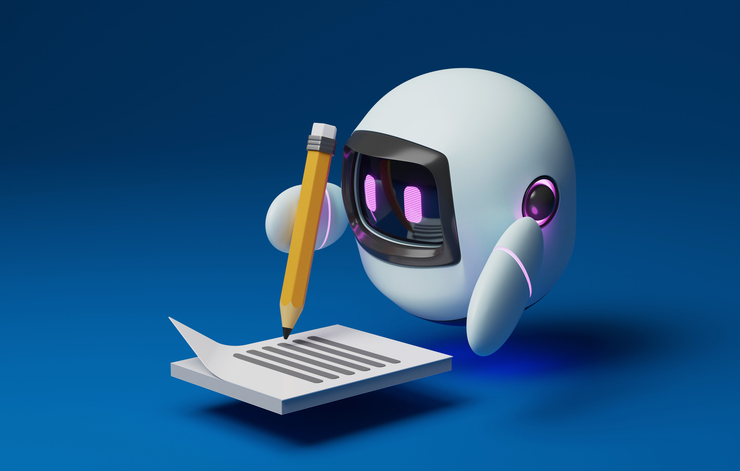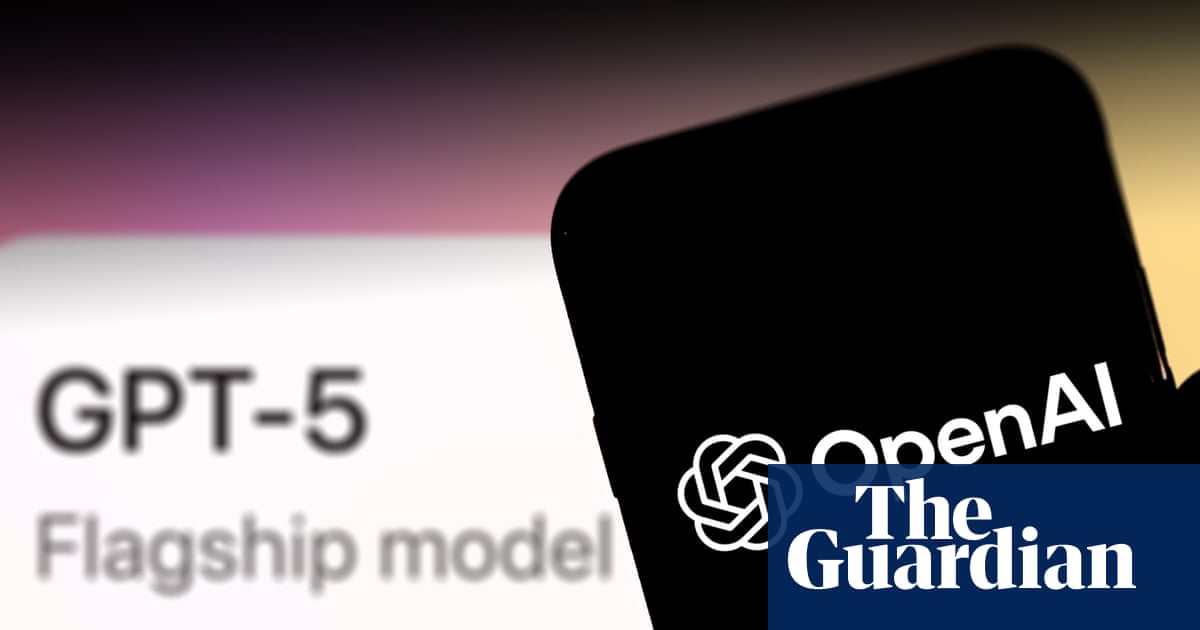One consequence of the meteoric rise of artificial intelligence is a growing belief among non-native speaking academics that they no longer need a real person to edit their work in English.
Not surprisingly, those who work as copy editors and in related fields are concerned, and there are reports of a major decline in demand for conventional editing. However, as someone who has worked as an academic editor for many years, you might expect me to caution academics against taking the hype about large language models (LLMs) at face value, particularly when it comes to academic writing. But my editing experience also allows me to say that with some authority.
It is a complex and sophisticated challenge to ensure that academic papers are written clearly and correctly, at the appropriate level and using the right style. To reach that standard, many articles require comprehensive editing, both linguistically and academically.
The latter can be done only partly by a computer, given that such software has clear limitations. Some word choices are extremely subtle and relate not just to the narrow context of the article but also to broader usage patterns in the particular academic field in question – or, for interdisciplinary papers, the various fields.
ADVERTISEMENT
Moreover, good academic editing requires all sorts of corrections and improvements that entail not only linguistic skill and subject-related understanding but serious thinking and careful consideration. Many changes that a well-qualified editor makes are linguistic refinements in the interest of clarity, rather than corrections of actual English errors.
Here, is an example of a linguistically suboptimal sentence that native German speakers might come up with: “People have the possibility to get cheap loans”. While not grammatically wrong, the word possibility as used here is “Denglish” – one writes this way in German, but not in English. Furthermore, get is too colloquial for a formal academic article – as is, arguably, cheap. The optimal linguistic and economic solution would be the concise: “People are able to obtain low-cost loans”.
ADVERTISEMENT
It is extremely unlikely that a computer would come up with this. Nor would someone who is unfamiliar with common non-native errors. And those two facts are not unconnected.
The standard of academic editing offered in the market is uneven to say the least. I recently came across very poor samples from two large editing companies. These editors simply did a kind of linguistic proofreading, entirely overlooking issues that were academically unclear and needed clarification, probably in consultation with the authors. For instance, one paper referred to “a fear of virtual context”, without explaining what this means.
Some phrases that the authors had got right were even made wrong by the editors, such as inserting the “a” in “this innovative methodology fell on a fertile ground”.
A lot of such poorly edited writing makes it into the literature on which LLMs are trained. Throughout one paper I came across, there was a recurrence of the clause “subscribers submitted a termination notice”, meaning that they terminated their contract. The submitted was both redundant and confusing. Another paper referred to people as being depleted; the intended meaning was exhausted.
ADVERTISEMENT
Non-native-speaking professors and lecturers may also inadvertently convey errors in their teaching, which find their way into written work. I know a professor who, for many years, used to both say and write variants of: “If you look on the chart, you can see the actual figures.” He meant that a look at the chart reveals the current figures.
Software, then, cannot learn sufficiently and reliably from published work because some of that work is incorrectly or inconsistently written – as well as because there are so many different contexts in which words and phrases may be used partly or even completely differently.
Indeed, in an entirely different context, an author used this phrase: “it was attempted to ensure physicians’ prescription loyalty”. This requires some thought to understand because “prescription loyalty” is not defined. It would have been much better to write: “Doctors were rewarded to ensure that they continued prescribing the company’s products”.
AI simply cannot pick up this kind of problem. Nor can it think about issues such as the use of commas for academic clarity, the logical order of certain phrases and clauses in sentences, the appropriate phrasing of hypotheses, questionnaires and other vital elements of academic work. That is because we are still in the era of “weak” AI: software that learns assiduously but still cannot think.
ADVERTISEMENT
Of course, AI could probably match many of the substandard human editing services that are out there. But that is not what academics need – particularly when many journal editors are non-native English speakers themselves and don’t always have time for rigorous proofreading.
At least until LLM technology is a lot more sophisticated than it currently is, editors with good brains, qualifications and experience will continue to prove their worth.
ADVERTISEMENT
Brian Bloch is a journalist, academic editor and lecturer in English for academic research at the University of Münster.












